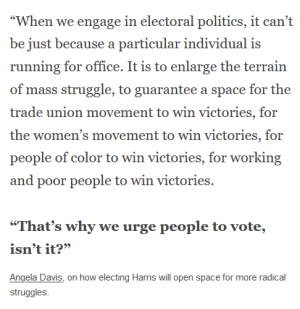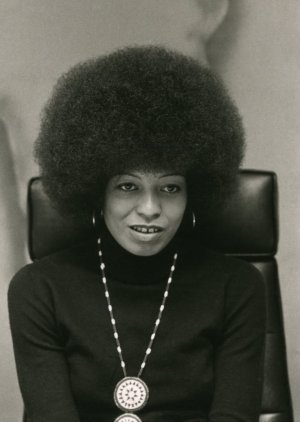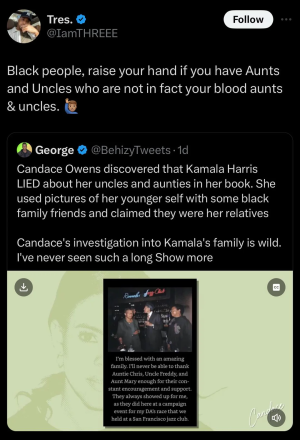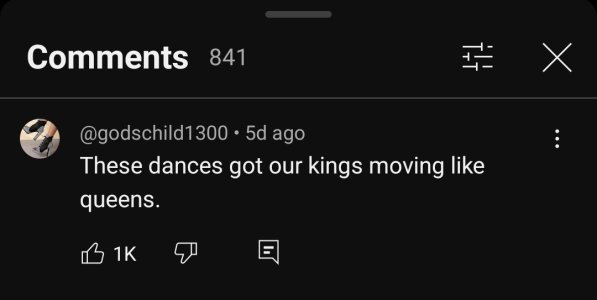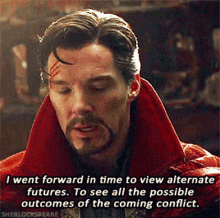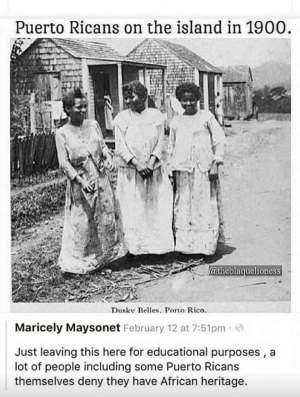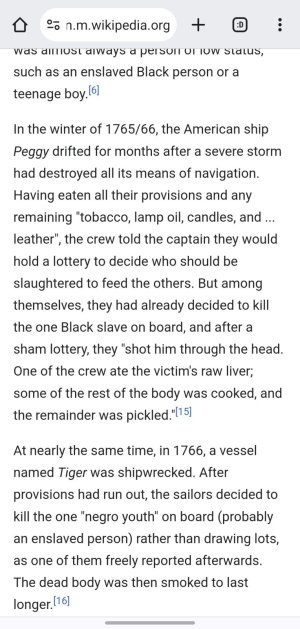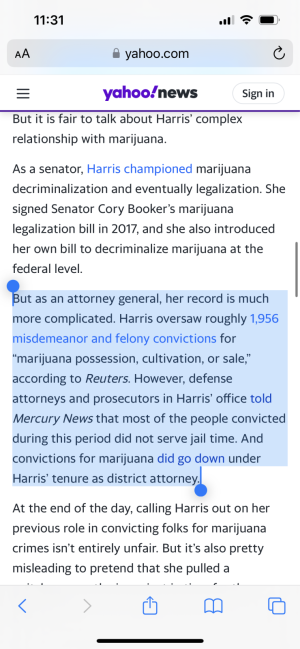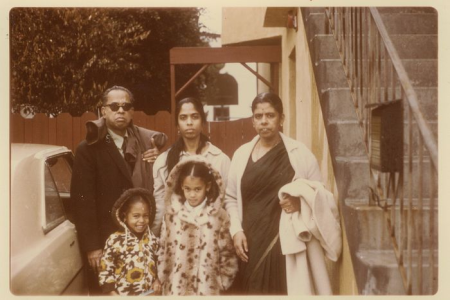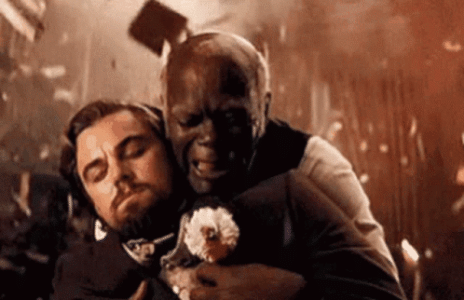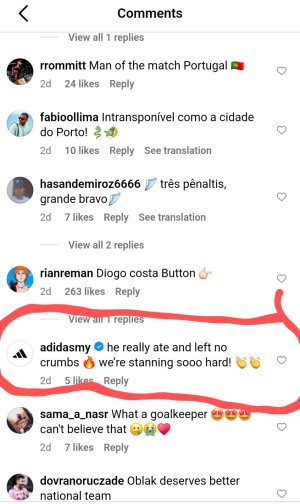- 3,674
- 3,432
When it comes to profiting it all depends on intent and to what gain.
If a person profits with "pure" or positive intent I can see it being acceptable or "victimless". ie a student who writes an essay about life in the hood on his college application to help himself further his education to be able to give back to his community
But if a person has the intent to use that struggle to cash out then it becomes a problem. ie a preacher who tells his congregation to give give give and pockets the money for his own possessions and gains while not tending to those in need
context matters, i'd agree that the answer is prolly closer to, it depends...but it is a slippery slope, pure & victimless are subjective and there could be situations where one might having cashing out off of people as the goal but genuinely want to do good with it...#herapesbuthesaves???
he's "profiting" off the struggle as much as prinecton is using his acceptance and advertising the fact he wrote that on his essay and they accepted him
i'm pretty sure given the lil' homie's cv (has a startup, i think started a non-profit org, and has a ted talk), if he wrote anything remotely intelligible he likely would have been accepted, i'd expect the same to be true of anyone with a similar background...and to my understanding it was the kid himself that 'advertised' his acceptance; but putting that aside do you think it that his intention was to 'profit' rather than legit thinking that hashtag communicated his personals aims/aspirations? or even accepting the premise that the university had something to gain by promoting this story, what is really to be gained for them as a private institution?
I think in cases like these given the context of African American struggle in this country that began 400 years ago and still persists to this day, I think the "who" matters greatly when it comes to benefiting off the labor of our ancestors and elders. in that context we can describe "Black struggle", "African American struggle", etc as a catch all phrase to describe the material conditions of black people in this country.
Seeing that black people still lack proper access to adequate housing, employment, education, lack adequate tools to build wealth, and have been locked out for decades from acquiring these things wholesale like others who freely immigrated here, yes; who benefits is a question that we don't ask often enough. I linked some studies and data from the EPI (Economic Policy Institute) a few pages back to give you an idea what I'm talking about here.
but the question I posed can go into a lot of different directions given the circumstances. But I really want people to ask themselves who is gaining the most from black people's work? And what are they giving us in return?
So in this case, this young man is profiting off of black people's labor.
still have that epi study tabbed, will eventually read through it, i feel like all those catch all phrases broadly elicit things beyond the literal labor of legacy of african americans; the culture, experiences, and the literal 'struggle' of being disadvantaged systematically, etc., rather than narrowly defined as 'labor' and to the extent that what the kid wrote is deemed to be profiting, you must as well. i could more see the argument this kid was perhaps co-opting some of what blm connotes/means as shorthand/signaling for a college acceptance letter, to say that he is profiting seems like an overstatement...
sure it's a useful question to ask both who gains & what is the return, i'd think that how one would approach the question would depend on how 'work' & 'us' are defined? as such though if the answers to both are unsatisfactory, how could/should/would one go about changing it?













